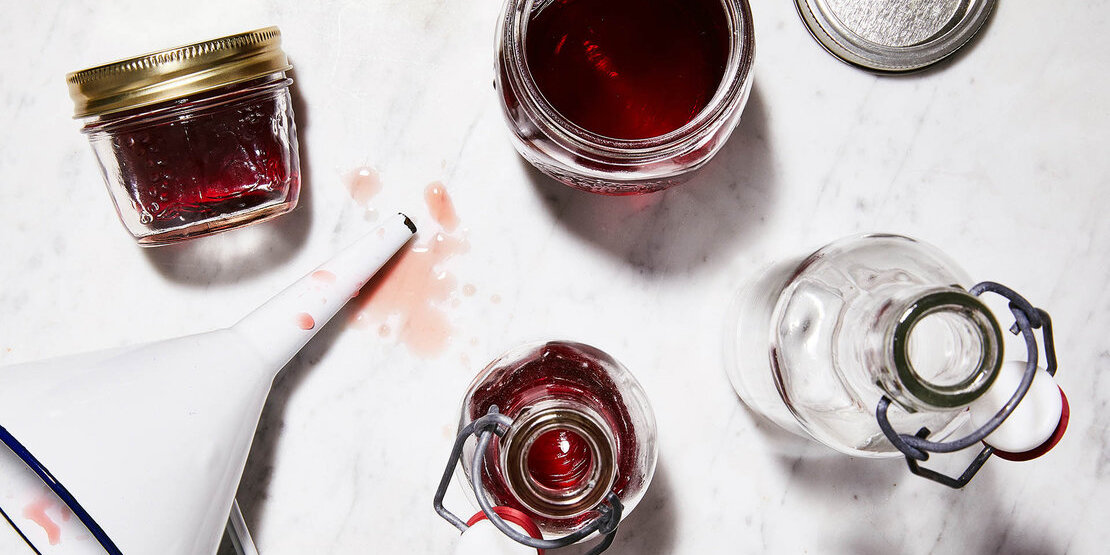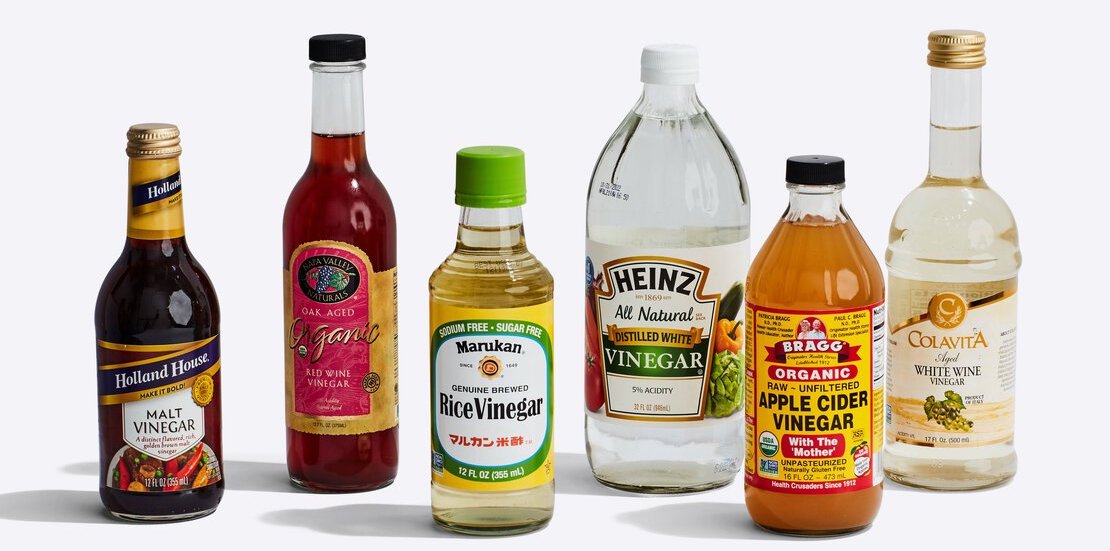I made a free food allergy translation app
I travel a lot, which has historically meant buying new food allergy cards for each country if I..

Distilled vinegar is considered gluten free, even if the ingredients used to make the original ferment included barley, rye, or wheat. This is true for all vinegars made from gluten-containing ingredients that have been distilled after fermentation, as long as no additives containing gluten were added back after distillation. During the process of distillation, the offending proteins are removed from the vinegar.
However, some gluten-sensitive individuals have reported negative digestive reactions when consuming distilled vinegars made from glutenous grains. The reason for this is most likely cross-contamination in the processing facility, or due to additions made after distillation. These people are the minority, and almost all experts agree that distilled vinegars made from glutenous grains are safe for consumption by those with celiacs disease. This is also the case for distilled alcohol. For information about the safety of consuming distilled alcohol with celiac disease, please see our article on the subject.

For those individuals that notice reactions when consuming distilled vinegars made from gluten-containing grains, there are many alternative types of vinegar made from entirely gluten free ingredients, like wine vinegar and apple cider vinegar.
Most distilled vinegars within the US are made from potatoes, wood, or corn, so distilled vinegars in the US are generally safe even for those with very high gluten sensitivity. However, malt vinegar is not distilled and because it is made from malted barley, it is not considered gluten free. This is also true of most Chinese black vinegars. Be sure to check ingredient labels to ensure any vinegar you consume is gluten free.

Distilled vinegar
Red wine vinegar
White wine vinegar
Sherry vinegar
Champagne vinegar
Cane vinegar
Balsamic vinegar
Apple cider vinegar
Rice vinegar
Chinkiang (Chinese black) vinegar - often made with a blend of rice and gluten-containing grains and not distilled
Red rice vinegar - may contain barley and isn’t distilled
Blended vinegars - may contain malt vinegar